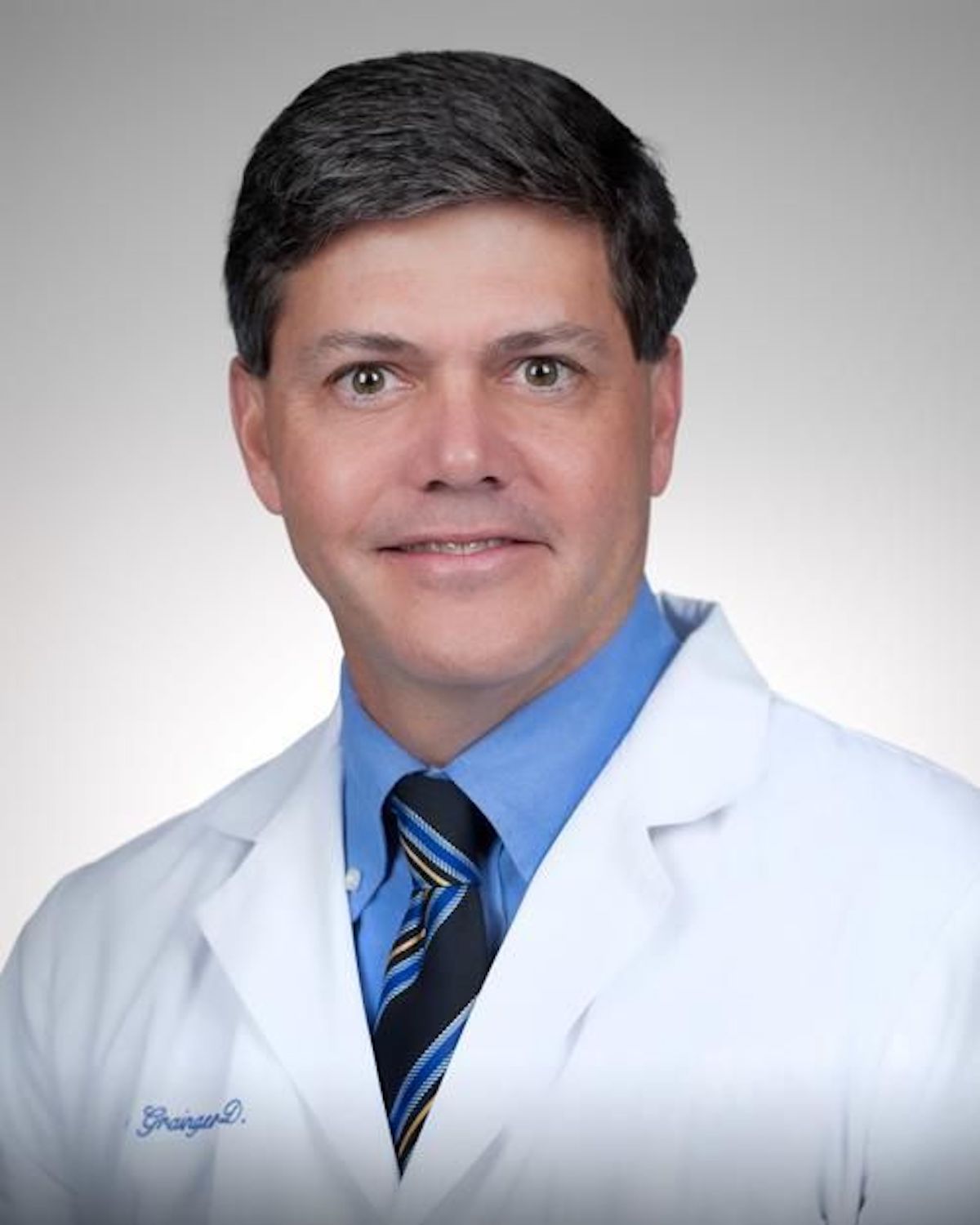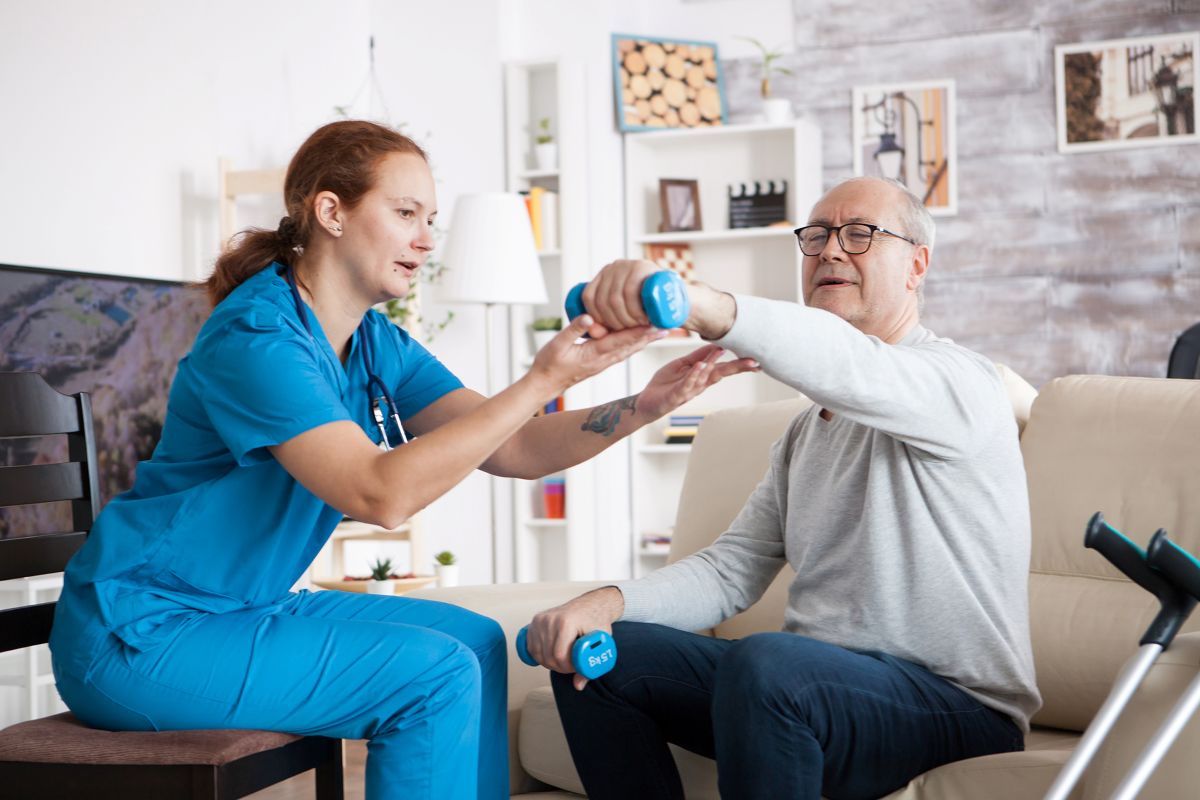By Dr. Mark Siegel
Ringing in the New Year is a time of self-reflection – a time when we look at how we can better ourselves.
As we kick off 2018, many of us may have plans to lose weight or stop smoking. But did you know taking care of your eyes should also be one to consider? After all, where would we be without our vision?
Here are some top tips to improve your eyes in this new year.
• Eat right. You are what you eat, as they say. And when it comes to good vision, what you put into your body can make all the difference.
To help protect against age-related vision problems like cataracts and macular degeneration, incorporate foods that are chockful of omega-3 fatty acids, zinc and vitamins C and E.
Foods to look for are green leafy vegetables; citrus fruits and berries; non-meat, protein-rich foods like eggs, nuts and beans; and cold water fish like tuna and salmon.
• Wear sunglasses. The sun’s harmful UV rays aren’t just an issue in the warmer months. Wintertime is also the time to protect your eyes from too much UV exposure; otherwise, you up your risk of developing cataracts or macular degeneration.
Look for sunglasses that block at least 99 percent of both UVA and UVB rays. For added protection, wear a pair that wraps around the sides of your eyes.
• Kick the habit. This may have been in the plans already as the New Year unfolds, but if not, make it one in 2018. Smoking makes you prone to optic nerve damage, cataracts and macular degeneration. Stop smoking to improve not only your eye health, but your overall health.
• Wear protective eyewear. Playing sports like baseball, basketball, paintball and racquet sports can put you at risk for eye injuries if you don’t wear safety eyewear. If you work in a hazardous job, wearing eyewear to protect your eyes is essential to avoiding serious problems.
• Think 20-20-20. This refers to giving your eyes a rest if you stare at a computer for long periods of time. Often called computer eye syndrome, this condition can cause eye strain, dry eyes, headaches and blurred vision. To help alleviate this, try the 20-20-20 method, in which you stop every 20 minutes and stare 20 feet ahead for 20 seconds.
• Regular eye exams. Have a regular eye exam. An ophthalmologist can catch diseases long before they can cause problems. Early treatment can save and protect your eyesight.
From everyone at Sea Island Ophthalmology we wish you a healthy and bright New Year!
Dr. Mark Siegel is the medical director at Sea Island Ophthalmology at 111 High Tide Drive (off Midtown Drive near Low Country Medical Group). Visit www.seaislandophthalmology.com.






